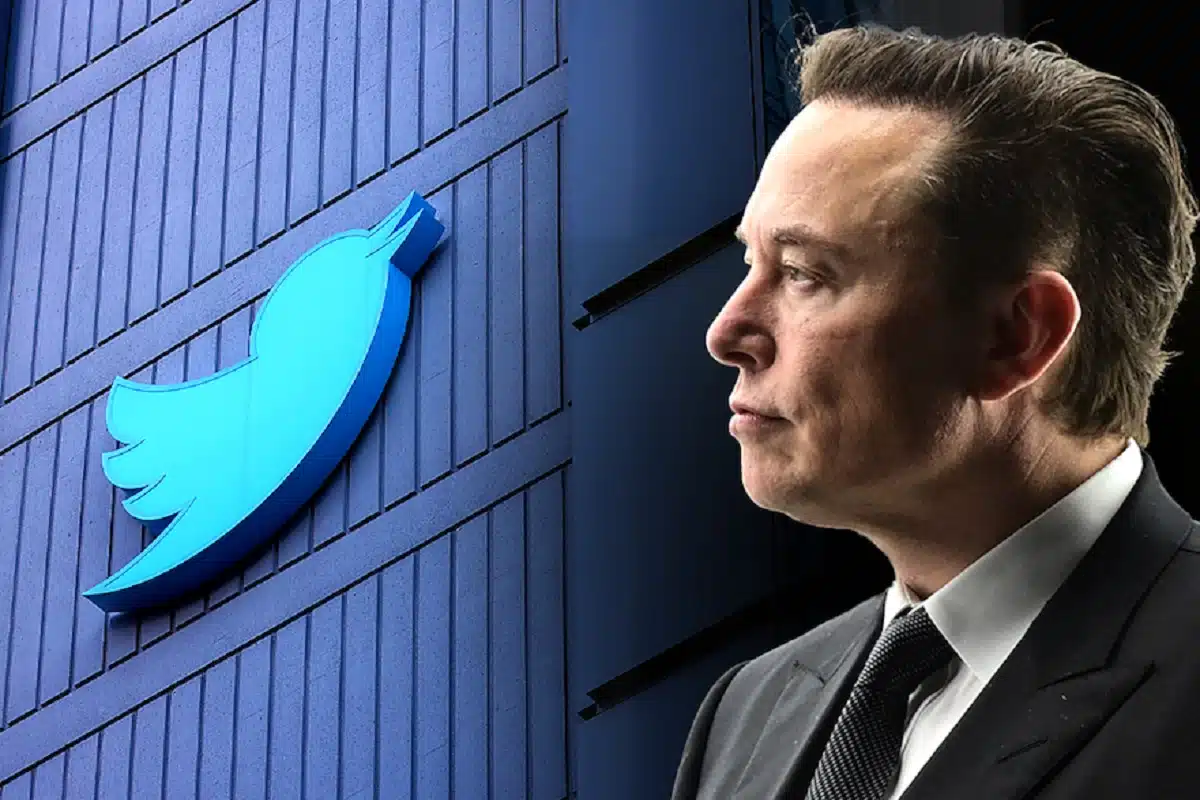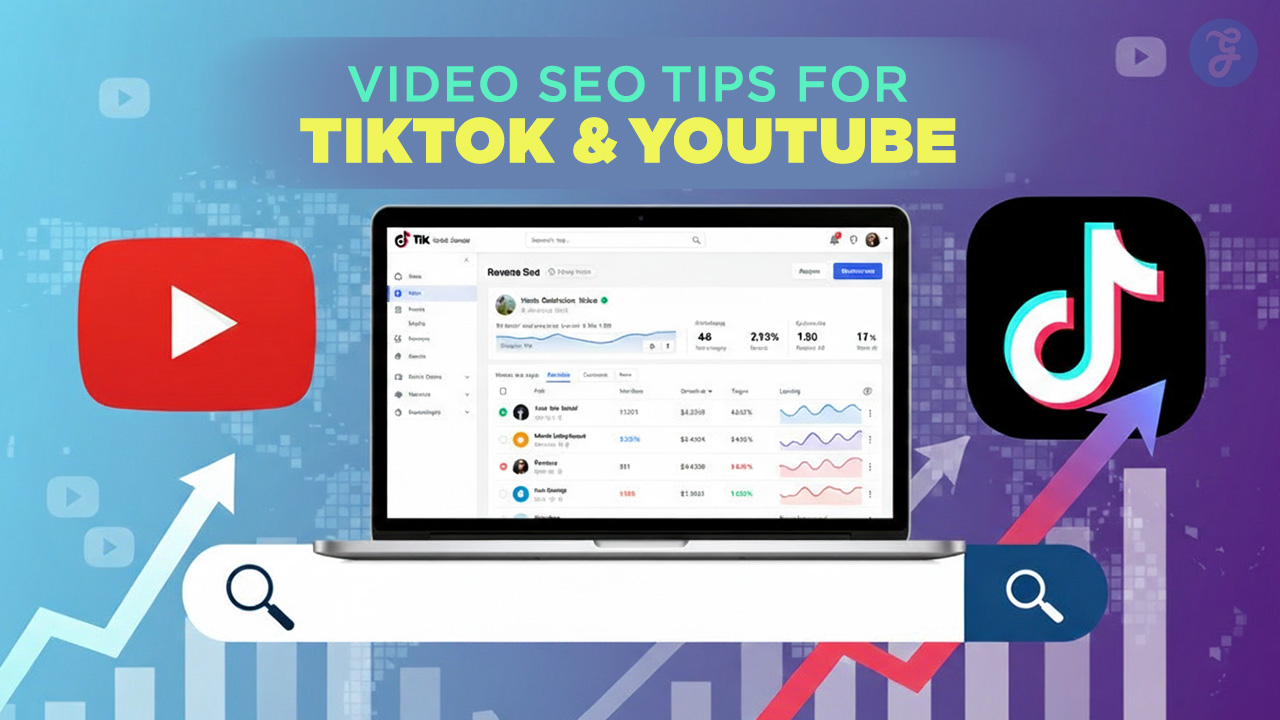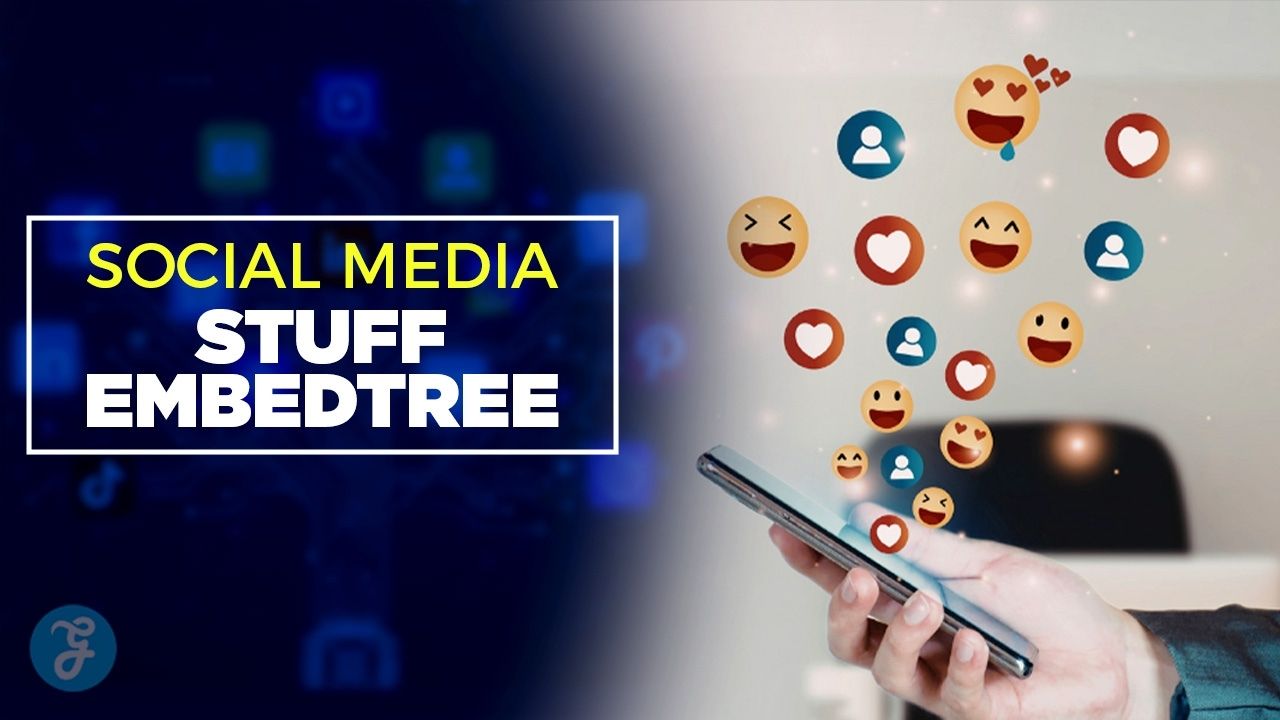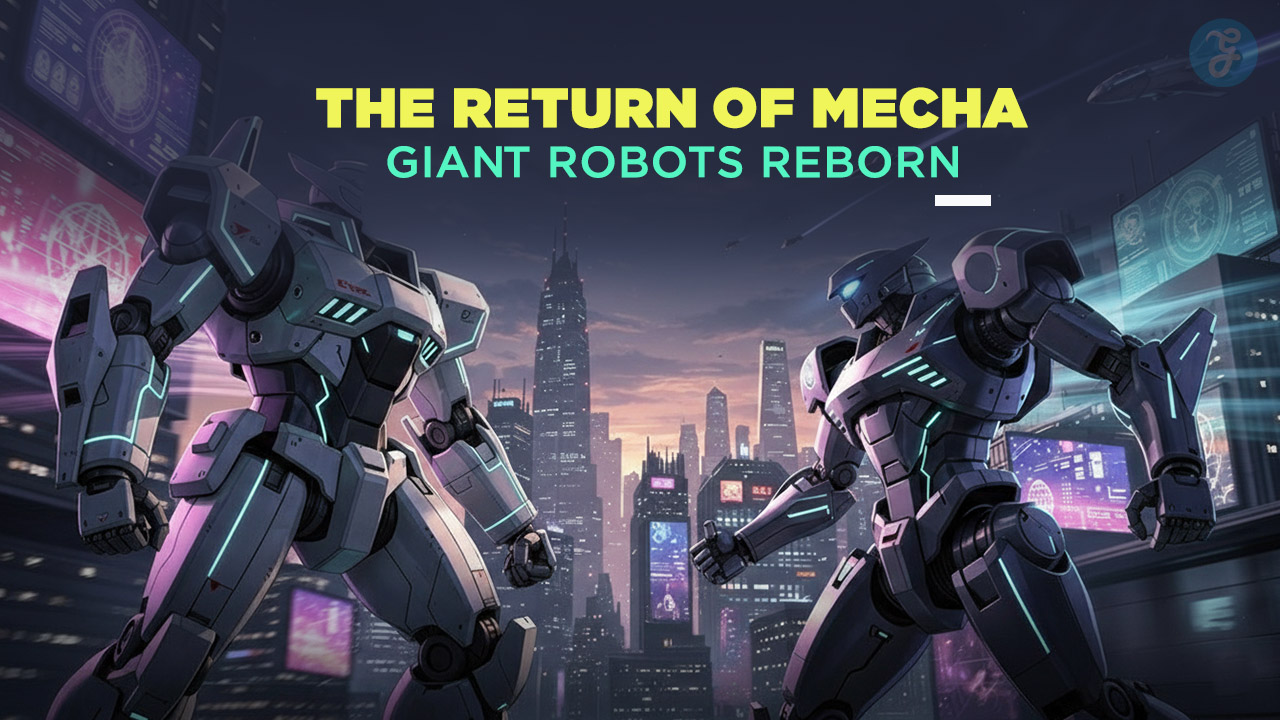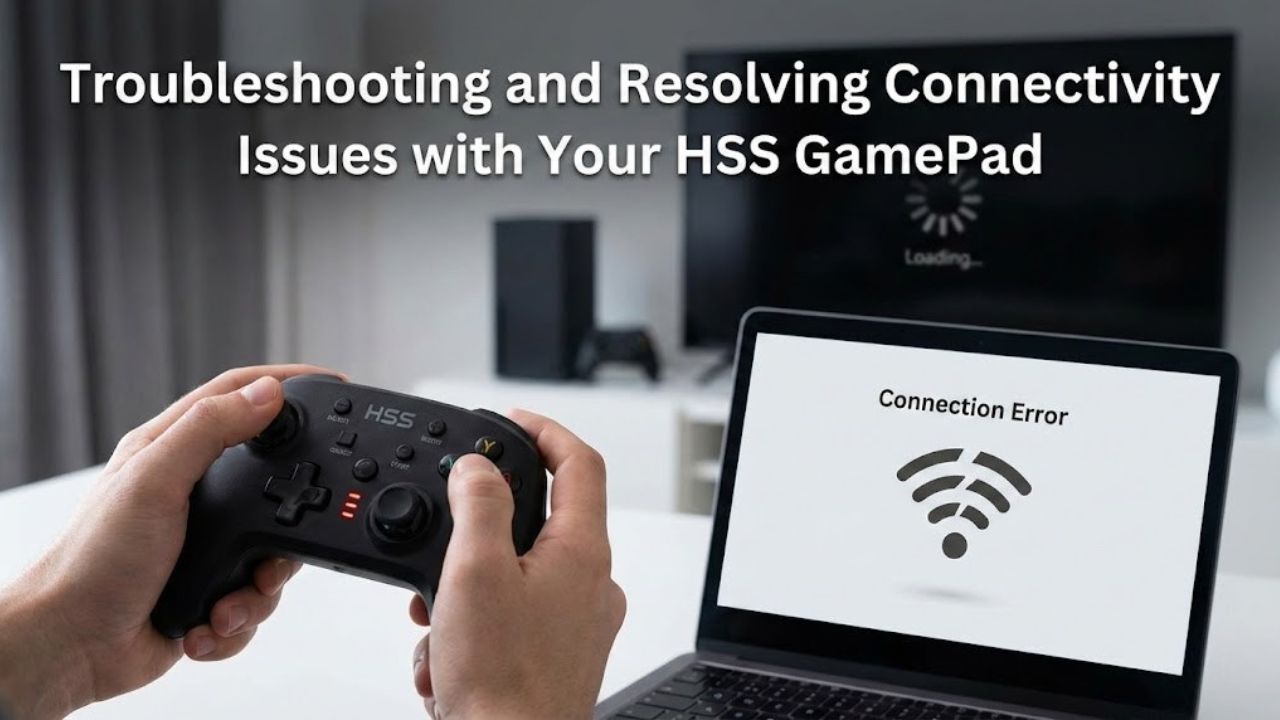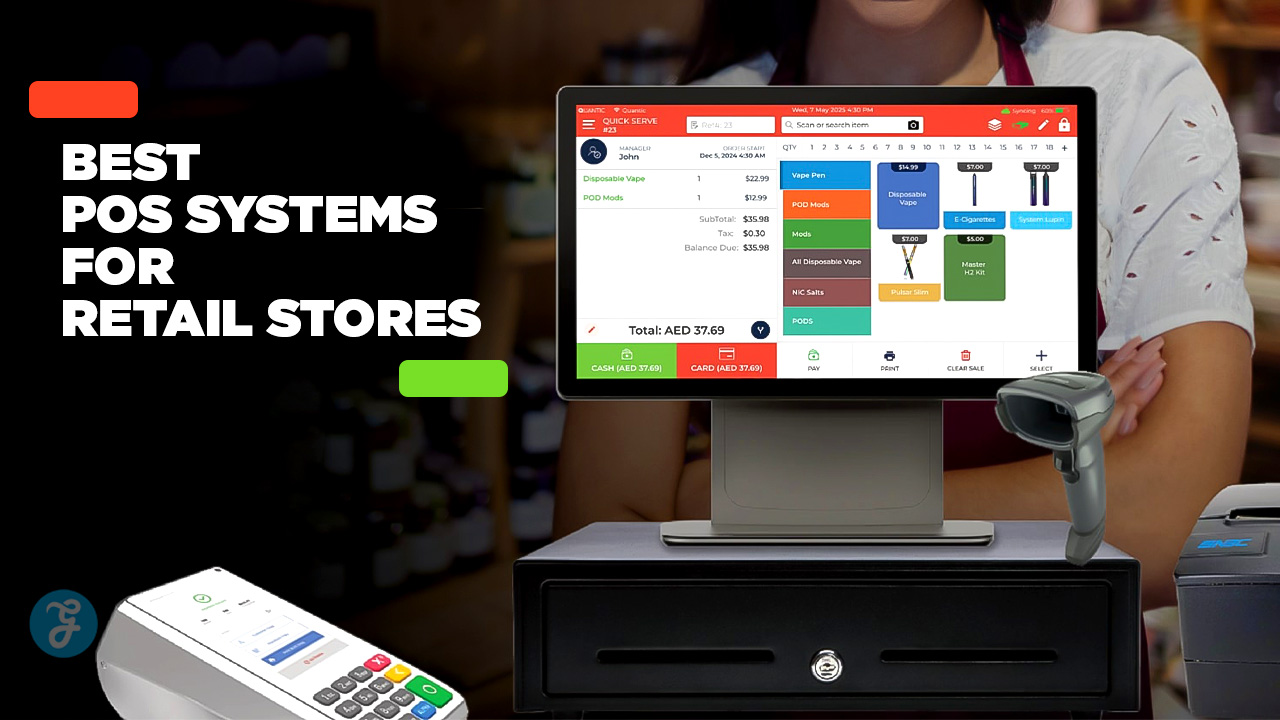Elon Musk, who owns Twitter, is probably the most obvious example of a user who went private recently. Musk didn’t really have to go private to hide his tweets from the public. He has more than 127 million followers.
Have you noticed that some of your favorite Twitter users have locked their accounts in the last day or two?
No, Musk locked his account to see if something was wrong with Twitter’s algorithm. This is what’s going on.
Many Twitter users have noticed a big change in their feeds over the past month or so. Shortly after Elon Musk took over, users started seeing all kinds of random tweets from accounts they didn’t follow or had never talked to in their “For You” feeds. Musk himself admitted that there was a problem and said that it was caused by an algorithm update that had been fixed.
But important users, especially those on the right and in Musk’s Twitter circle, kept saying that their engagement had dropped a lot because of the algorithm change.
People started to hear that users got more likes and retweets after they locked their accounts, which makes their tweets private and only visible to the people who already follow them. When you make your account private, people can’t retweet your posts, so your account would normally gets less attention.
Ian Miles Cheong, one of Elon Musk’s favorite right-wing Twitter users, said on Tuesday that he had seen more engagement when he tried out this theory himself. Cheong showed how people responded to two tweets that were similar to each other in a five-minute span. When Cheong was locked up, the tweet she sent got five times as many likes.
The Twitter test seemed to make it clear that Musk was aware of the problem.
“Wow, this is very scary,” Musk replied to Cheong on Twitter (Opens in a new window).
Musk had locked his own Twitter account by early Wednesday morning.
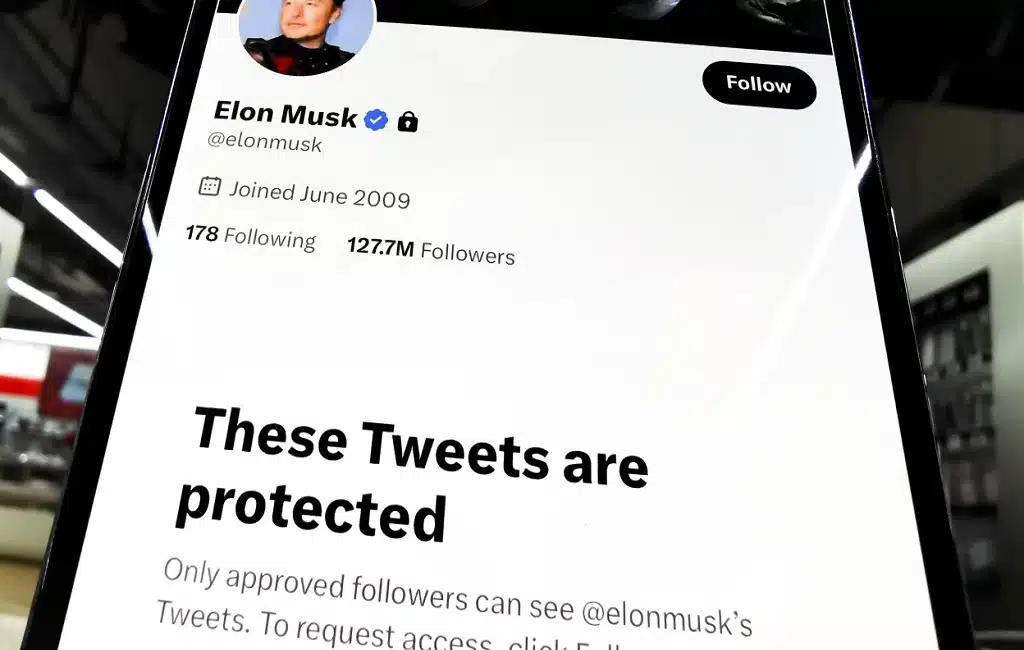
Users who weren’t already following Musk were confused about why they couldn’t see his tweets anymore. Usually, a Twitter user would lock their account when something bad was going to be written or said about them. Some people wondered if that was true. But if you have tens or hundreds of millions of followers, going private doesn’t really help you hide.
Musk, however, sent out a tweet explaining that he was testing the idea that some algorithmic quirk makes tweets from locked accounts more important.
“I made my account private until tomorrow morning to see if you see my private tweets more than my public ones,” he said (Opens in a new window).
Musk’s public test has a few strange features.
For one thing, it looks like the user he is testing is himself. Engagement and reach go up and down depending on many different things at any given time. Sometimes more people interact with content because it was posted at a certain time or because there was something else going on that day on the platform. If there is a problem, it’s unlikely that the experience of one user will get to the bottom of it.
The fact that Musk owns the platform is also a problem. He can see Twitter’s code and talk to its programmers. One would hope that those developers have tools that can reverse engineer the problem and figure out what changes were made in the last month that caused it. Musk’s decision to lock his account was unnecessary and over the top.
Users on both the left and the right, as well as those who never talk about politics on Twitter, have been upset about these problems. No matter what Musk finds when he tests it with his own account, it is clear that under his leadership, Twitter’s recommendation algorithm has changed in a bad way.


